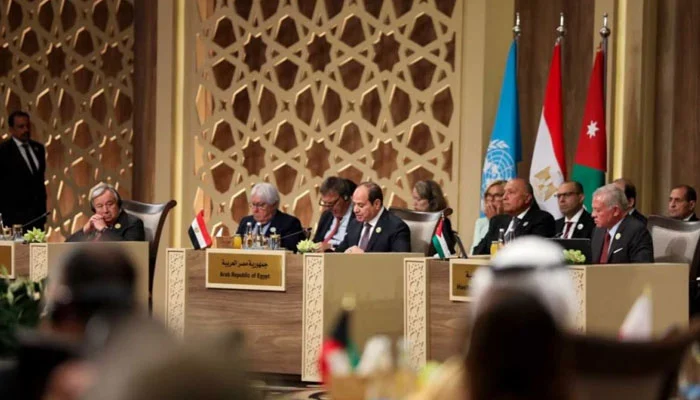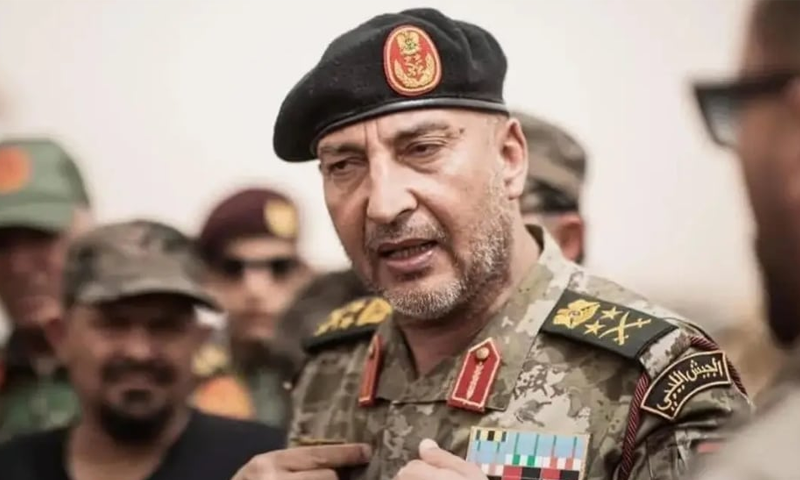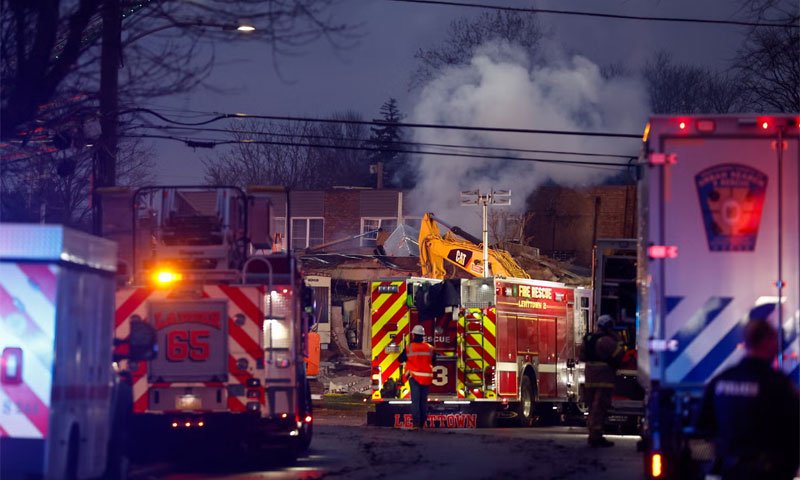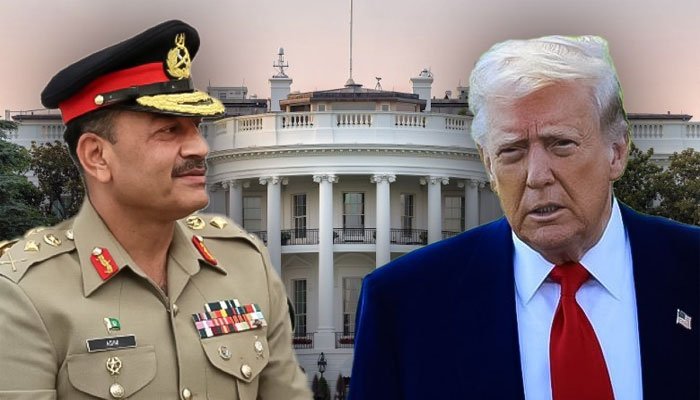The upcoming summit will play a pivotal role in shaping the region’s approach to Gaza’s future and addressing the ongoing crisis.
Arab leaders will convene in Riyadh on Friday to formulate a unified response to U.S. President Donald Trump’s controversial plan to take control of the Gaza Strip and relocate its inhabitants. Diplomatic sources confirmed that the summit will address the plan, which has sparked outrage across the Arab world and is seen as a threat to Palestinian sovereignty.
The gathering has led to rare cooperation among Arab states, with a shared rejection of Trump’s proposal. However, disagreements may arise over the governance of Gaza and how to fund reconstruction efforts. Umer Karim, an expert on Saudi foreign policy, described the summit as the “most consequential” in decades for both the wider Arab world and the Palestinian issue.
Trump’s plan, which calls for the expulsion of 2.4 million Gazans to neighboring Egypt and Jordan, has been widely condemned. According to sources, the summit will focus on devising an alternative reconstruction plan for Gaza, in direct opposition to Trump’s vision.
Jordan’s King Abdullah II, in a meeting with Trump earlier this month, indicated that Egypt would present a plan for Gaza’s future. This proposal will be a key point of discussion at the summit, with Saudi Arabia, Egypt, the UAE, Qatar, Jordan, and the six Gulf Cooperation Council (GCC) countries set to attend.
For Palestinians, Trump’s plan evokes painful memories of the “Nakba” of 1948, when hundreds of thousands of Palestinians were displaced during the creation of Israel. The issue of Gaza’s reconstruction will be central to the talks, as Trump cited it as the reason for relocating Gaza’s population.
Egypt has not yet unveiled its counterproposal but has outlined a three-phase plan for Gaza’s reconstruction. The first phase will focus on clearing debris and setting up temporary safe zones, while the second phase involves rebuilding critical infrastructure. The final phase will address urban planning, housing, and the provision of educational and healthcare services. The cost of reconstruction is estimated at over $53 billion, with $20 billion allocated for the first three years.
In addition to reconstruction, Egypt’s plan aims to establish a Palestinian administration in Gaza that is not affiliated with any political faction, ensuring a neutral and efficient government. A key component of this is the creation of a Palestinian Authority-affiliated police force, supported by Arab and international security forces.
However, tensions remain over how to implement such a plan, particularly regarding the future of Hamas, which has controlled Gaza since 2007. The Saudi government and Egypt both envision a Gaza governed by the Palestinian Authority, while Qatar maintains that the Palestinian people must have the ultimate say in Gaza’s future.
As discussions continue, a major challenge will be securing the necessary funding. While countries like Kuwait may contribute for humanitarian reasons, Gulf states will likely impose conditions on financial assistance, with concerns over Hamas’s influence remaining a significant obstacle.
The upcoming summit will play a pivotal role in shaping the region’s approach to Gaza’s future and addressing the ongoing crisis.





